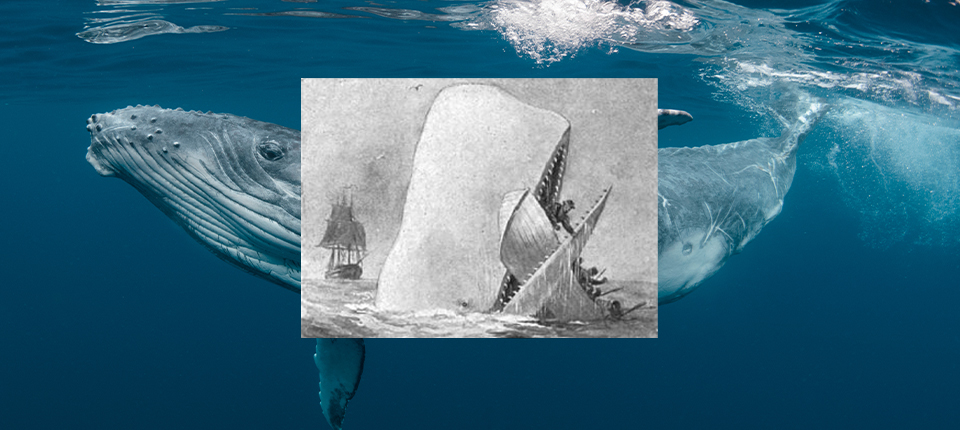The Best of the Literary Internet, Every Day

TODAY: In 1851, Moby-Dick is published in the United States.
-
Take a look at Ishion Hutchinson’s TBR, including books by Susan Stewart, Taban Lo Liyong, Oyèrónkẹ́ Oyěwùmí. | Lit Hub In Conversation
Article continues after advertisement
- What can you learn from reading to your children? “The thing to realize the soonest is that you’re not raising a miniature version of yourself.” | Lit Hub Craft
- Padma Viswanathan considers doppelganger stories and imagines radically different paths her life could have taken. | Lit Hub Criticism
- Richard Munson remembers Benjamin Franklin’s scientific curiosity: “The ingenious Franklin faced the world with wonderment and systematic study…” | Lit Hub Biography
- “Mam was on her seventeenth twenty pence—I was counting.” Read from Tom Newlands’ new novel Only Here, Only Now. | Lit Hub Fiction
- “The hearing world is enthralled with the beauty, ingenuity, and communication possibilities signed language presents, so long as it doesn’t have to look upon or give credit to actual deaf people.” Sara Nović on the commodification of deaf communication. | The Baffler
- Weike Wang never returned Girl, Interrupted to the library (and other literary confessions from the author of Rental House). | Elle
- Chris Kraus and Anna Poletti discuss BDSM, writing about sex, and the creative allure of asymmetrical relationships. | The Nation
- Read the poem “June 12, in Prison” by Kerima Lorena Tariman, an imprisoned writer, translated by Amanda Socorro L. Echanis, also an imprisoned writer. | Words Without Borders
- “The sense of its beauty and also sorrow; and the sense of loss of innocence in the fact that we are systemically destroying it.” Nicholas Harris talks to Samantha Harvey about Orbital and her Booker Prize win. | The New Statesman
- “In the world of science fiction, this culture war has been evident in online forums, publications, and awards campaigning. The fight is for ownership of the genre.” Jess Maginity on a book by Jordan S. Carroll and the far-right’s relationship to sci-fi. | Los Angeles Review of Books

 By Literary Hub | Created at 2024-11-14 12:13:07 | Updated at 2024-11-23 09:48:19
1 week ago
By Literary Hub | Created at 2024-11-14 12:13:07 | Updated at 2024-11-23 09:48:19
1 week ago










